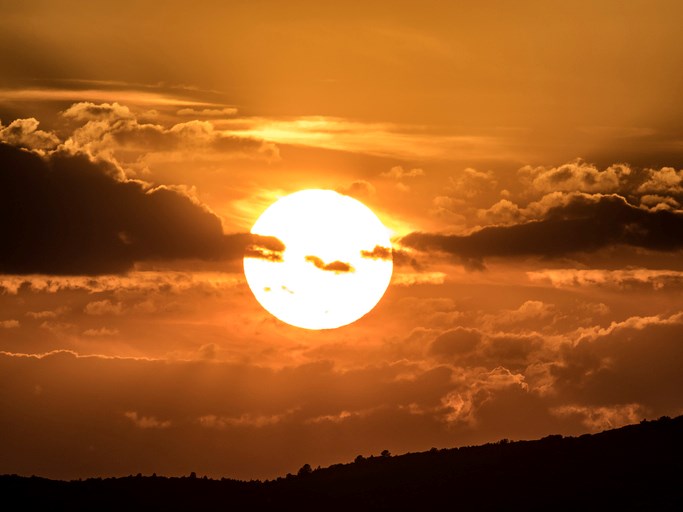I am usually an optimistic sort, but it seems to me we cannot get a break from troublesome problems these days.
We appeared to be moving past the worst of the pandemic with many Canadians getting their second dose of vaccine, making most of us less vulnerable to COVID-19. We have seen positive changes to our health guidelines so that we can mostly go back to pre-pandemic life.
But then our province experienced a “heat dome” which caused a tragic spike in heat-related deaths, especially in the seniors’ population.
Thank goodness the worst of the heat wave is over, at least in Metro Vancouver, but now wildfires are raging throughout the province bringing catastrophic events in their wake.
Though the North Shore is not plagued with these wildfires, we may experience intense smoke issues if the past few years are any indication.
As well, with the dry conditions, there is more danger of small fires breaking out, perhaps causing damage to buildings and outdoor spaces.
Seniors need to take care during these times. Just as we did in dealing with COVID-19, we need to be smart about our safety and security. We need to know how heat affects us and what we can do to mitigate the worst effects of it. We need to know how to meet the challenges posed by the approaching, negative air quality.
Sustained heat can be disastrous for seniors, especially those who already have health issues.
According to Health Canada, symptoms of heat illness can include dizziness or fainting, nausea or vomiting, headache, rapid breathing and heartbeat, extreme thirst, and decreased urination with unusually dark yellow urine.
Health Canada suggests: “If you have any of these symptoms during extreme heat, move to a cool place and drink liquids right away.”
One of the most important tips is to stay hydrated. On the Health Canada website, it states that seniors are more susceptible to dehydration than younger people because they lose their ability to conserve water as they age. They can also become less aware of their thirst and have difficulty adjusting to temperature changes. Water is best, as both alcohol and caffeine can cause dehydration.
Staying cool is a way to avoid too much heat. Now with less restrictions because of COVID-19, you could try going to a movie (great way to relax), walking in an indoor mall, with the bonus of getting exercise, or visiting North Shore libraries which have programs and other services for seniors as well as comfy places to read a good book.
Dressing for the weather also helps us stay cool: wear natural fabrics as they tend to be cooler than synthetic, or wear light coloured and loose-fitting clothes that will help you feel cooler and more comfortable. Cool showers and misting yourself with cool water will help keep you from overheating.
My personal favourite (as well as my raccoon neighbours favourite) is dangling our feet in an outdoor kiddy pool. If you do not have the space, try a bucket of water that you can sit in front of your chair.
Finally, limit outdoor activity during the day to early morning and evening.
When it comes to the problematic air quality we might expect, older adults and those with compromised health conditions are most at risk. Reducing the exposure to wildfire smoke is the best way to avoid the most damaging effects.
Safety and security for seniors during the hotter months is crucial – do your bit (like my raccoon friends) and stay cool.
Margaret Coates is the co-ordinator of Lionsview Seniors’ Planning Society. She has lived on the North Shore for 51 years and has worked for and with seniors for 26 of those years. Ideas for future columns are welcome – email [email protected]



